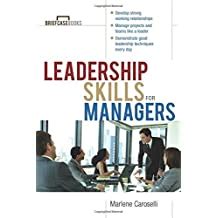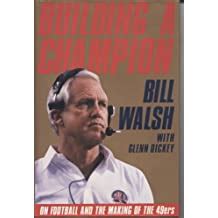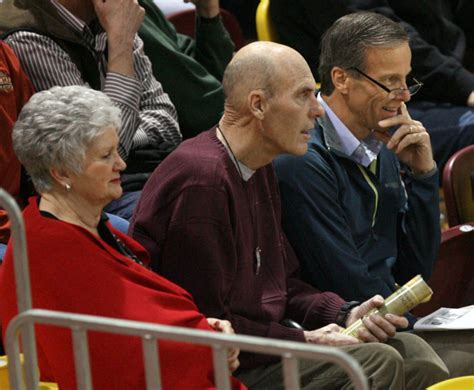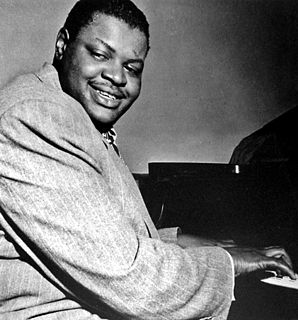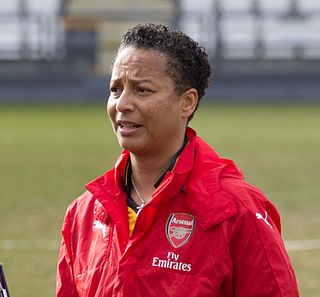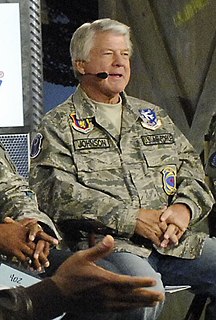A Quote by Marlene Caroselli
The team developer realizes that at times the leadership 'torch' must be passed on to others. This empowerment of others serves a dual purpose; it helps them hone their own team-building skills and it brings a fresh approach, perhaps even a special expertise, to the group's efforts.
Related Quotes
Leadership can't be claimed like luggage at the airport. Leadership can't be inherited, even though you may inherit a leadership position. And leadership can't be given as a gift - even if you've been blessed with an abundance of leadership skills to share with someone else. Leadership must be earned by mastering a defined set of skills and by working with others to achieve common goals.
There is another side [to ego] that can wreck a team or an organization. That is being distracted by your own importance. It can come from your insecurity in working with others. It can be the need to draw attention to yourself in the public arena. It can be a feeling that others are a threat to your own territory. These are all negative manifestations of ego, and if you are not alert to them, you get diverted and your work becomes diffused. Ego in these cases makes people insensitive to how they work with others and it ends up interfering with the real goal of any group efforts.
Our goal as a team is to keep playing as a group for as long as we can because you will never have that team again. It is like a dying limb, you have to prune it off and let another one grow in its place. That is the way you have to do it, but it still hurts losing these guys and that team because they and you have put so much effort into building a team. Even if you win that last game (and a national championship), it hurts badly because the players know they will never have that same special group of guys together on the same team again. Somebody always goes and somebody new always comes in.
I think you can learn lots of skills playing football. Team building is one. You also learn how to solve problems within your team. Sometimes you find yourself playing with players that you don't necessarily like, but you have to put your differences aside for the good of the team. It gives you skills that you may not appreciate at the time.
I think as far as any kind of pressure on a football team or on an individual in professional sports really depends not only on that individual but the leadership they have on the team and the leadership they have on the coaching staff. A lot of times, they can divert some of those pressures off of the individual and off of the team.
Perhaps the most promising trend in our thinking about leadership is the growing conviction that the purposes of the group are best served when the leader helps followers develop their own initiative, strengthens them in the use of their own judgment, enables them to grow, and to become better contributors.
Developing excellent COMMUNICATION skills is absolutely essential to effective leadership. The leader must be able to share knowledge and ideas to transmit a sense of urgency and enthusiasm to others. If a leader can't get a message across clearly and motivate others to act on it, then having a message doesn't even matter.
Leader and followers are both following the invisible leader - the common purpose. The best executives put this common purpose clearly before their group. While leadership depends on depth of conviction and the power coming therefrom there must also be the ability to share that conviction with others, the ability to make purpose articulate. And then that common purpose becomes the leader.
